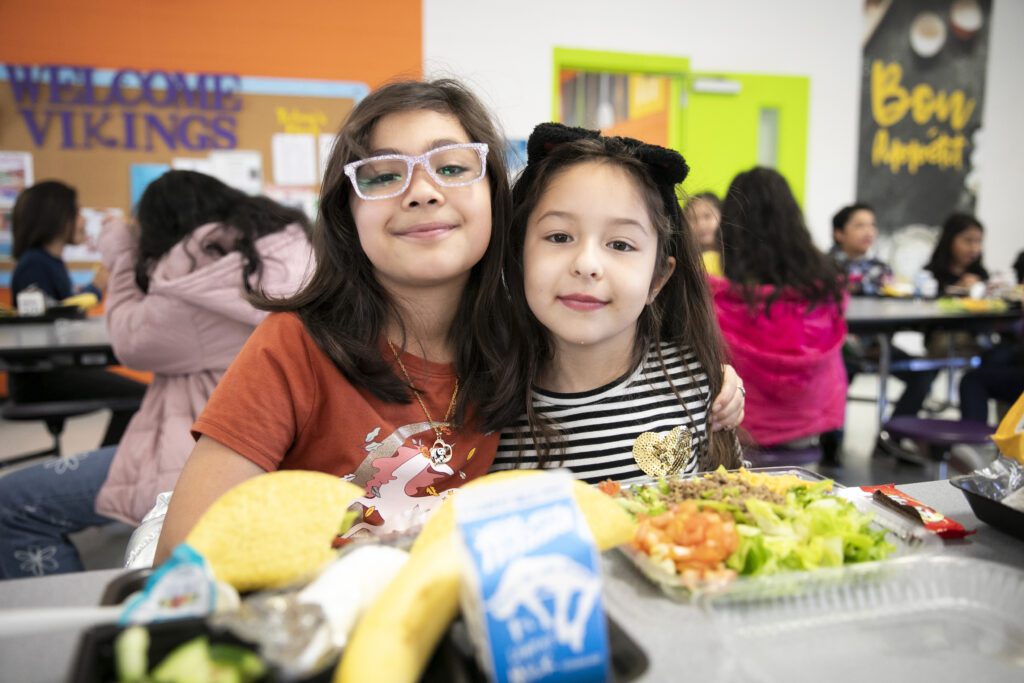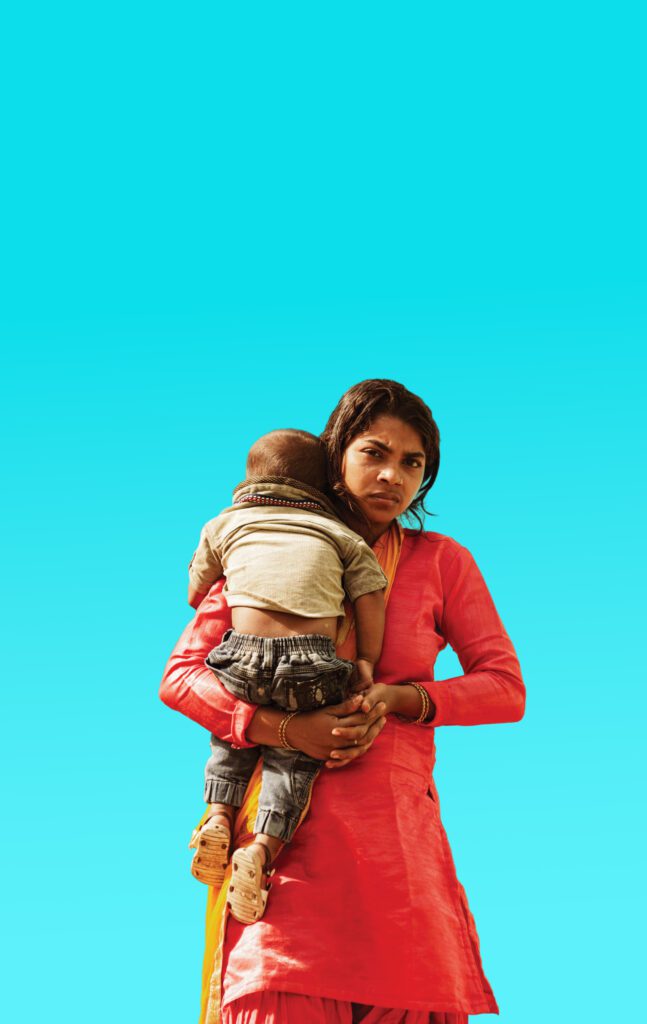
The Boston Globe is publishing a series about Washington called “Broken City: Politics in An Age of Paralysis.” But while political pundits debate whether the President and Congress can accomplish anything on behalf of the American people, we’ve been proving that outside of Washington change is possible, especially at the state and local level, even on behalf of vulnerable and voiceless children.
Last week Colorado Governor Hickenlooper signed “breakfast after the bell” legislation so that thousands of school kids will now have a stronger chance of succeeding in thanks to getting nutritious food. It had bipartisan support in the Colorado General Assembly. A day before the L.A. school board voted unanimously to support alternative and more accessible school breakfasts. Maryland approved a $1.8 million increase in Maryland Meals for Achievement.
Such accomplishments at the state level are not accidental. Unlike members of Congress, Governors have the action orientation of executives and are not fighting to preserve a legislative majority that determines everything from committee assignments to office space. They don’t check with Senate Majority Leader Harry Reid or Minority Leader Mitch McConnell before deciding what to do. That’s not to say there isn’t partisanship at the state level, or that it never hinders our work, but at least there are places where it is kept in check.
Share Our Strength made the strategic decision to shift our focus to where children actually live, learn and play, thus our state-based No Kid Hungry campaigns. That doesn’t mean advocacy at the federal level is unimportant. To the contrary, upcoming battles to preserve SNAP will be vital. We’ll work for the SNAP Ed funding so important to Cooking Matters. But national organizations working with governors, doing community organizing and providing technical assistance to local governments are few and far between. Share Our Strength’s efforts there stand out.
There are leaders – Democrats and Republicans – who get things done. Sadly, few are in Washington. In the end our work in the states will not only help feed a lot of children, but may also show there are times and places when Democrats and Republicans can work together, to the mutual interest of each, and on behalf of the larger public interest. If so, we’ll accomplish something even greater than ending childhood hunger. The glow of that achievement, and others built upon it, could light a path toward ending the polarization that paralyzes politics and government today.


